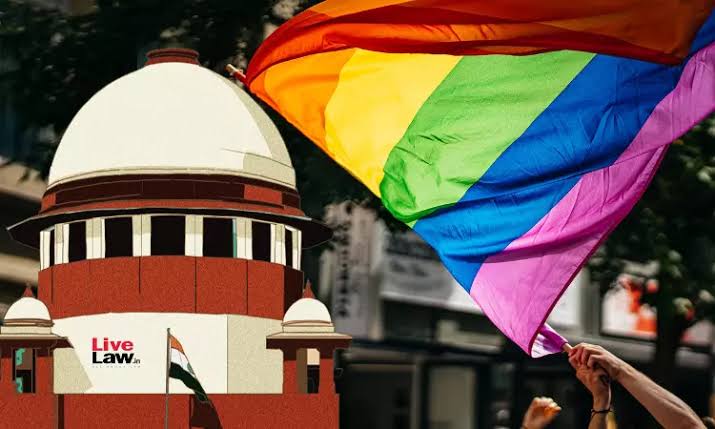The hearing on the recognition of same-sex marriages under the Special Marriage Act of 1954 [“SMA”] in India entered its second day as the Constitution Bench hears a batch of petitions on the issue. The Centre had opposed the plea, claiming that it represented an “urban and elitist” view. The Court heard arguments from senior advocates Mukul Rohatgi and Abhishek Singhvi.
Rohatgi argued that the current law that only grants rights to women over alimony and maintenance by their husband was outdated and unconstitutional. He cited Sections 36 and 37 of the SMA to support his case, claiming that the law should be changed to reflect the reality of modern-day marriages. He further pointed out that the Hindu Marriage Act had provisions for maintenance, irrespective of gender, based on income.
Singhvi, on the other hand, argued that same-sex marriage was against cultural and traditional understanding of marriage. However, Chief Justice of India, Chandrachud, questioned Singhvi’s argument and asked if the SMA, which was meant to be ‘agnostic to faith,’ could not also be interpreted as being ‘agnostic to sexual orientation.’
Rohatgi also stated that a declaration from the Court recognizing same-sex marriage would encourage society to accept it, even if Parliament did not pass a law in its favor. The Court’s decision on this issue is eagerly awaited by many, especially members of the LGBTQ+ community who are fighting for equal rights and recognition of their marriages.
Inputs: Hindustan Times
By Tiasola Pongen. The writer is a fourth year student under the Department of Community Science in Central Agricultural University, Tura Meghalaya. She can be contacted at tiasolapongener12@gmail.com

